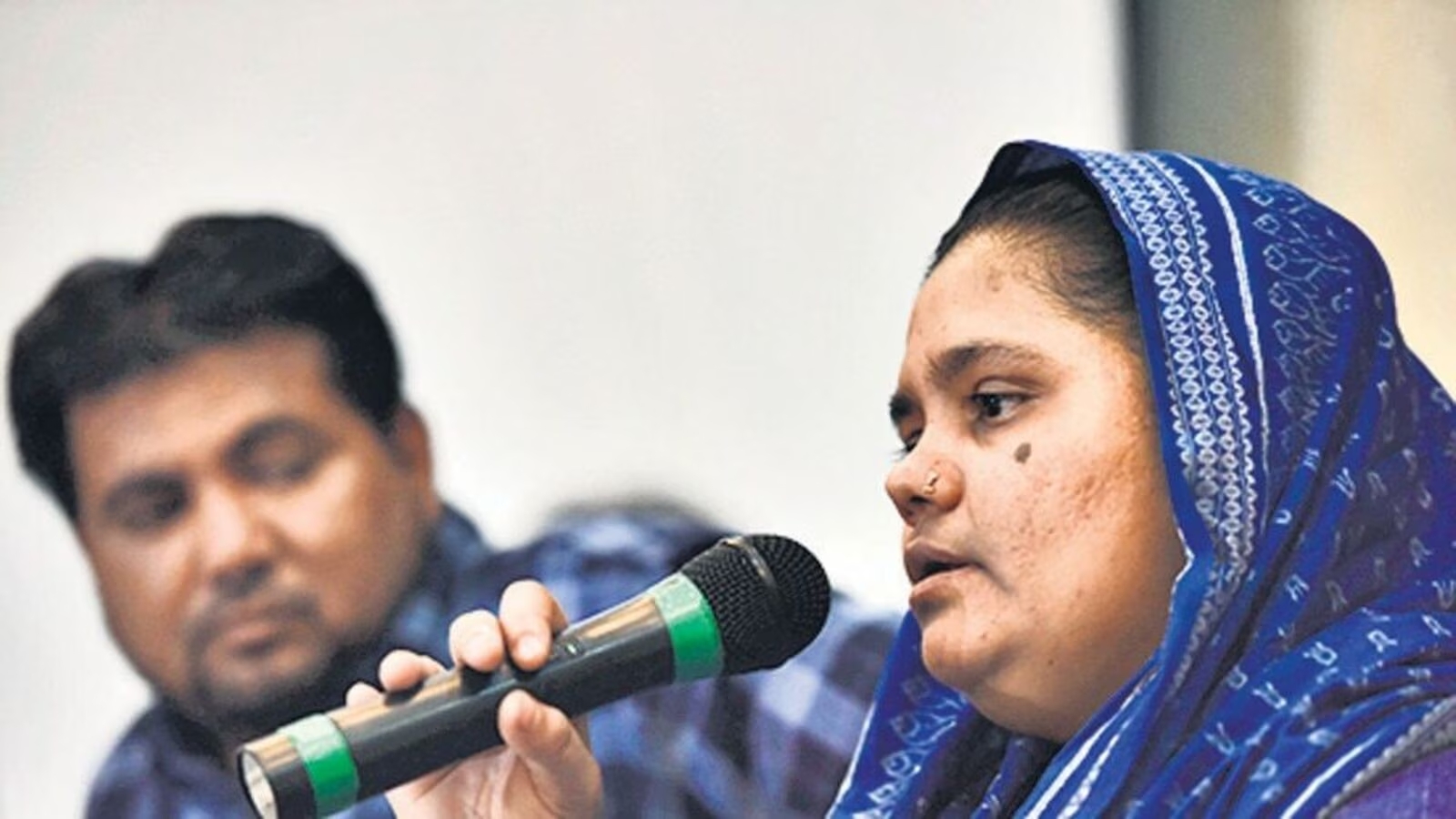Ironically, the criminals who had been convicted of these horrible acts and given life sentences were freed on July 4, 2022. The state government did not follow the 2014 policy, which prohibits the release of rape-murder prisoners, but rather the 1992 remission policy, which was in effect at the time of the 2008 conviction.
The court ruled that the state government had taken power that was not its own, therefore violating the rule of law. The Supreme Court ruled that the Maharashtra government, which oversaw the trial and sentencing, had the authority to decide whether to grant the convicts’ remission appeal, branding this as an instance of power abuse.

Source: Mint
Both the Gujarati administration and the federal government are greatly embarrassed by the decision. The state government informed the supreme court in October 2022 that it had chosen to release the prisoners for three main reasons: they had served at least 14 years in prison; their behaviour was deemed appropriate; and the Centre had expressed “concurrence/approval” with their early release.
Source: WION
Despite the CBI’s argument that “no leniency may be given” to them because the offences they committed were “heinous, grave, and serious,” they had been set free. The fact that the prisoners had been met with garlands when they left the Godhra sub-jail only served to exacerbate their situation. The court’s decision serves as a sharp reminder to the federal and state governments that they cannot continue to flout the rule of law and justice without facing consequences.
What do you think about this? Comment below.

